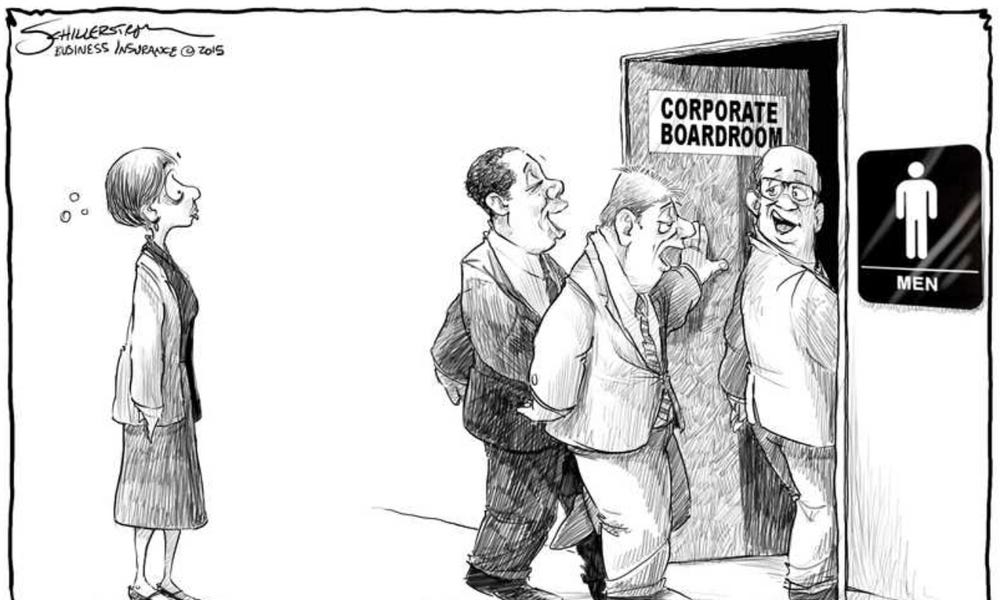Why is Management So Male?

🌈 Abstract
The article discusses the gender gap in senior management positions, particularly in the context of a large European manufacturing firm. It examines the drivers behind the lower application rates of women for promotion and leadership roles, despite their higher success rates when they do apply.
🙋 Q&A
[01] Gender Gap in Promotion Applications
1. What are some of the key findings from the dataset analyzed in the article?
- The dataset includes personnel records of over 30,000 white-collar and management employees in Germany from 2015 to 2019, as well as a large-scale attitudinal survey of employees.
- The gender gap in promotion applications persists even when controlling for factors like education, performance, job location, hours constraints, and family status.
- Once women do hold leadership positions, the gender gap in application disappears, suggesting selection or a realization that leadership is manageable.
- The gender gap drops significantly among employees who have applied at least once.
2. What are some potential reasons for the gender gap in promotion applications discussed in the article?
- Reluctance to apply due to perceived discrimination and the dearth of female leaders in German management, where women comprise only 14% of senior roles.
- Women may anticipate rejection due to the masculine nature of team leadership and management in the firm.
- Differences in self-confidence, willingness to compete, and risk aversion between men and women.
- Motherhood penalty and time constraints for women with care responsibilities, even for those without children.
- Women consistently being less willing to lead teams, regardless of their work status or the gender composition of their team.
3. What is the key finding regarding women's perceptions of team leadership responsibilities?
- Lower-level women tend to have more negative and inaccurate perceptions of team leadership, envisioning larger teams and more frequent conflicts, compared to the actual experiences of male and female team leaders.
[02] Potential Explanations and Future Research
1. What are the possible explanations suggested in the article for the gender gap in promotion applications?
- Biological inclination of men towards team leadership
- Men anticipating respect as team leaders due to everyday sexism, subtle praise by colleagues, and the predominance of male managers
- Fraternal networks among men, where they share ideas, advice, and have more accurate perceptions of management
2. What are some potential areas for future research suggested in the article?
- Experimental research on the effects of gender quotas for early career management and social bonding activities within firms.
- Examining sectoral variations, where senior roles with less responsibility for team management may have smaller gender gaps.
- Investigating the role of sexism and lack of managerial encouragement or lower ratings for 'potential' in women's reluctance to apply for leadership roles.
- Exploring cross-country variations, where more egalitarian societies like Sweden may have women more eager to apply for management due to flatter organizational structures.